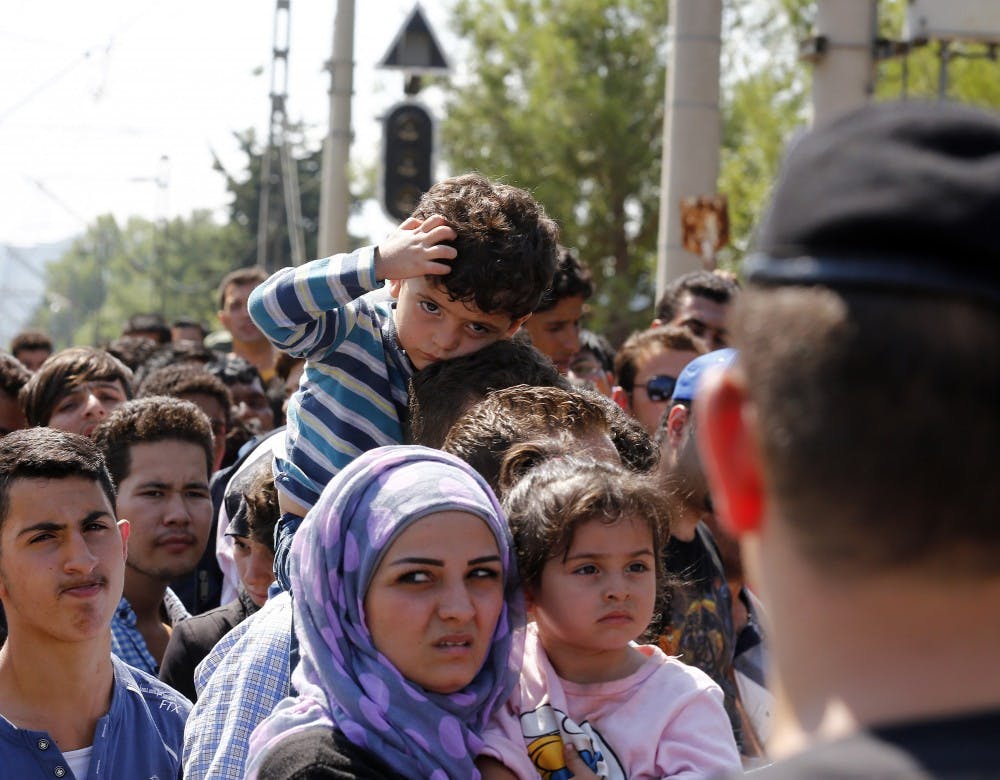Wheaton College in Mass. responded to President Donald Trump’s executive order halting the refugee program and banning immigrants from seven majority-Muslim countries by announcing a scholarship that will fully fund a refugee student’s undergraduate education. While the Ninth Circuit Court of Appeals has put a stop to the order for now, it has nonetheless complicated the lives of (and instilled fear in) many.
Over 100,000 of the 11 million Syrian refugees in the world are eligible for higher education, according to the Institute of International Education (IIE). Oregon Public Broadcasting reports that Wheaton’s scholarship is open to all refugee students to apply, “but applicants from the seven countries specifically targeted by Trump’s order — Iran, Iraq, Libya, Somalia, Sudan, Syria and Yemen — would be given special preference.”
The University of Portland should follow in Wheaton’s footsteps.
Creating a scholarship specifically for refugee students would be a tangible action representative of the dedication to diversity and inclusion on The Bluff University President Mark Poorman has expressed.
It is imperative that all students, including those that are refugees or immigrants, know that UP is a safe place that fosters opportunities for all.
The college process is tedious and if a student is coming from another country, it can be even more challenging. Resources like the Refugee Center Online give students the opportunity to explore possibilities and determine what college option will be the best fit. This also gives students the beginning steps on how to get funding for their education.
However, there are more options for some than there are for others. In recent years, the IIE has formed the Syria Consortium for Higher Education in Crisis. This is a group of over 60 institutions of higher education around the globe “that have committed support for Syrian students and scholars, primarily in the form of full and partial scholarships,” according to the IIE website.
This resource is available to those who have sought refuge from Syria, but nationals from other war torn countries do not yet have access to these kinds of resources.
Last November, President Fr. Mark Poorman responded in an email to a campus-wide petition to declare UP a sanctuary campus. He wrote, “We find ourselves called upon to take a stand for social justice and protect the most vulnerable among us,” and he assured community members that, “The University of Portland is committed to providing the greatest protection the law allows to every one of our students. We are dedicated to the well-being and success of each of you who has accepted our invitation to be part of this campus community, regardless of status.”
Establishing a scholarship specifically for refugees would place this commitment on a global scale, and continue the precedent set by institutions like Wheaton to revolutionize higher education.









